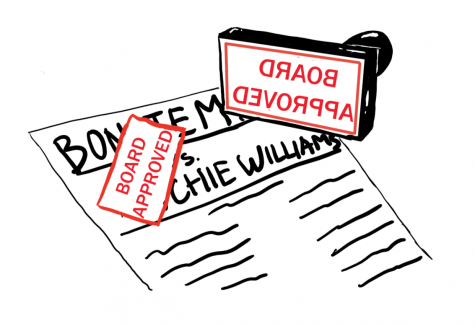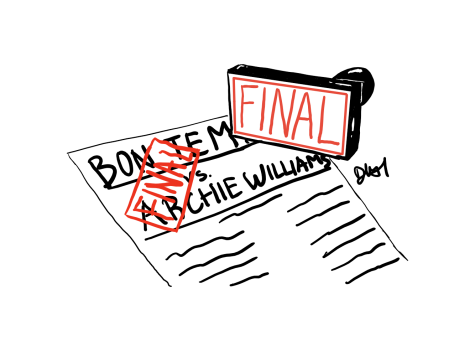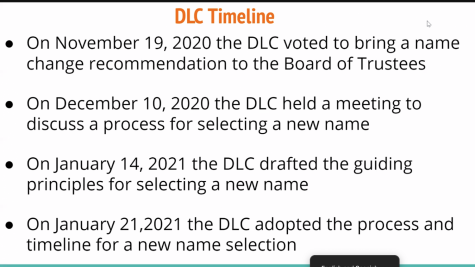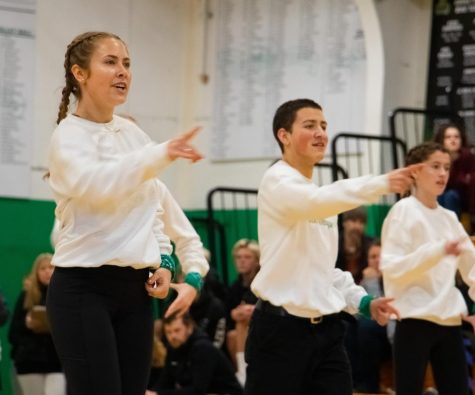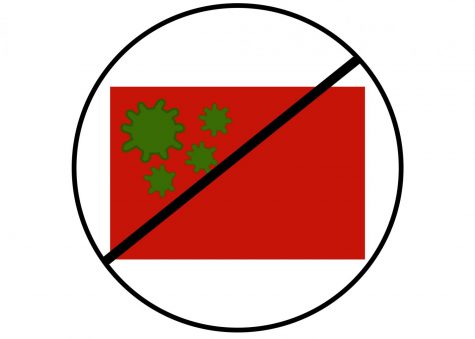California to allow college athletes to profit from endorsements
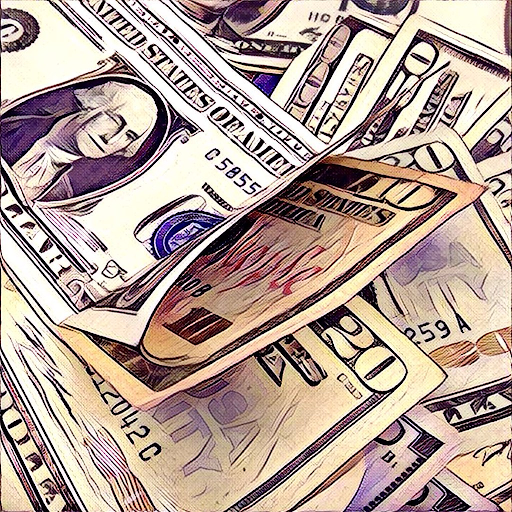
Creative commons: “Losing Hand” by Damian Gadal is licensed under CC BY 2.0
A controversial topic came under increased scrutiny this Monday as California took steps to address the compensation of college athletes while facing pushback from the National Collegiate Athletic Association (NCAA).
Gavin Newsom’s signature, on the first bill in the US that allows college athletes to profit from endorsements, may have ended the days of college athletes remaining amateurs. He announced the decision on Lebron James’ show, “The Shop: Uninterrupted.”
“Colleges reap billions from student-athletes but block them from earning a single dollar. That’s a bankrupt model,” Newsom said in a tweet following the show.
The California Senate Bill 206, now the Fair Play to Pay Act, allows college athletes to sign endorsements with companies without the threat of ban from NCAA competition, according to The New York Times.
There are varying opinions on the validity of SB 206 under NCAA guidelines, and the possible implications it could have.
“I think it is far overdue. I think student-athletes for the NCAA program built the brand of the school. The players are the part of the school brand that lives on. Players are the story. The university is making money off them,” said Drake government teacher David Gutfeld.
The issue, according to NBC News, is that the NCAA didn’t pass an official rule allowing this to occur. This means that even though endorsements are legal in the State of California, the NCAA never agreed to adhere to these standards.
However, membership to the NCAA is voluntary. In theory, colleges could create their own leagues if forced out of the NCAA. This gives powerhouse teams with very popular networks more leverage to make a deal. Examples of these networks are the ACC, Pac12, Big10, Big12, and SEC.
The future is unclear, but with the act going into effect in 2023, the battle for college athlete pay is far from over.



